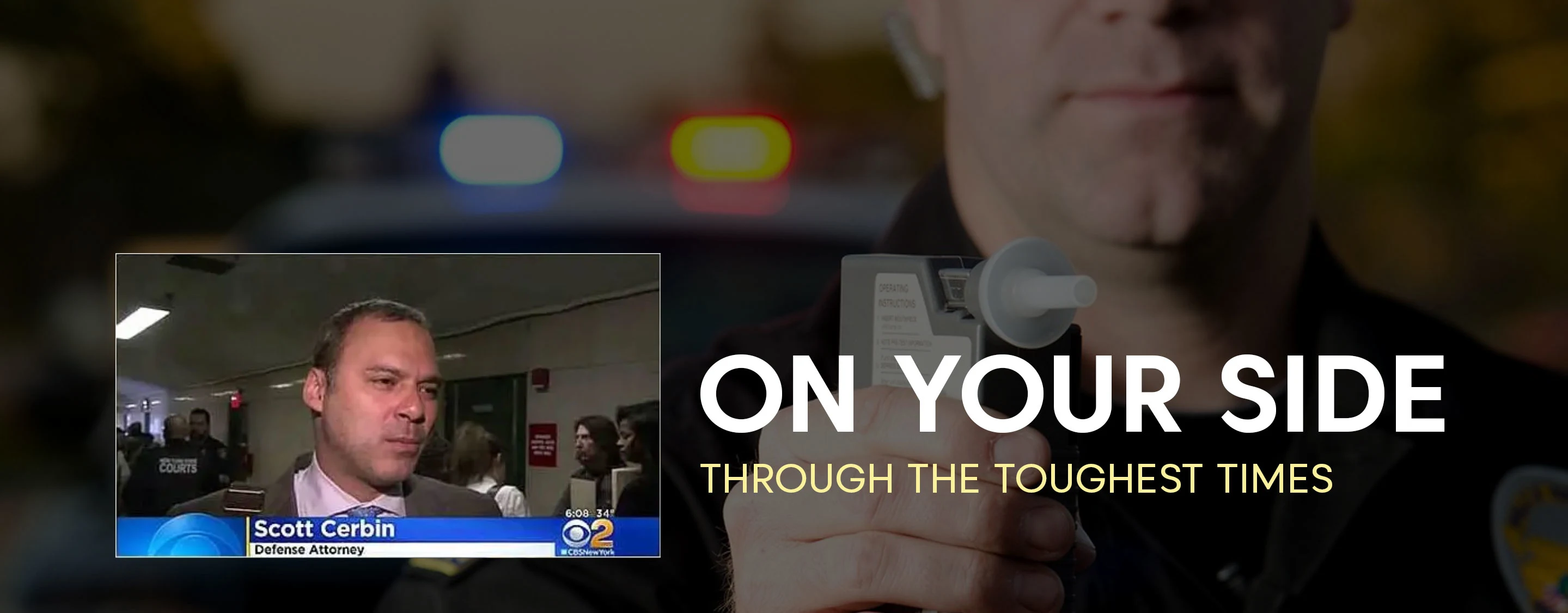IS IT DANGEROUS TO TAKE DRUGS BEFORE DRIVING?
On behalf of Law Office Of Scott G. Cerbin, Esq., PLLC posted in vehicular assault or homicide on Friday, October 12, 2018.
You may be well aware of the dangers of drinking and driving in New York. However, you may not realize that taking drugs before you get behind the wheel is also dangerous.
Because you do not often hear stories about car crashes caused by drugs, you may think these incidents are not common. According to the National Institute on Drug Abuse, the most recent statistics suggest that drugs are involved in about 11 percent of fatal car accidents. However, it is difficult to understand the exact connection between drugs and collisions. One of the reasons for this is that sometimes people drink alcohol and take drugs before driving. Additionally, sometimes people already have a blood alcohol level higher than the legal limit and when this is the case, law enforcement does not always perform a drug test.
When you first think about drugged driving, you may think this involves drugs like cocaine. However, statistics indicate that only about 10 percent of drivers in fatal collisions used this substance. Instead, prescription medications are involved in most deadly accidents. Marijuana also plays a role in drugged driving crashes.
Taking drugs before driving is dangerous for many reasons. Different kinds of drugs typically affect a person’s brain in distinct ways. A person who takes methamphetamine or cocaine might become reckless behind the wheel. Marijuana sometimes causes people to be less coordinated and they may also experience delayed reactions. If a person takes a sedative, he or she may feel drowsy. Some people may think they will be able to drive safely if they only take a small dose of a drug before driving. However, people generally feel the effects of a drug even with small doses. Because of this, it is important for people to make sure they do not drive if they have drugs in their system.
This information is intended to educate. It should not be used in place of legal advice.




